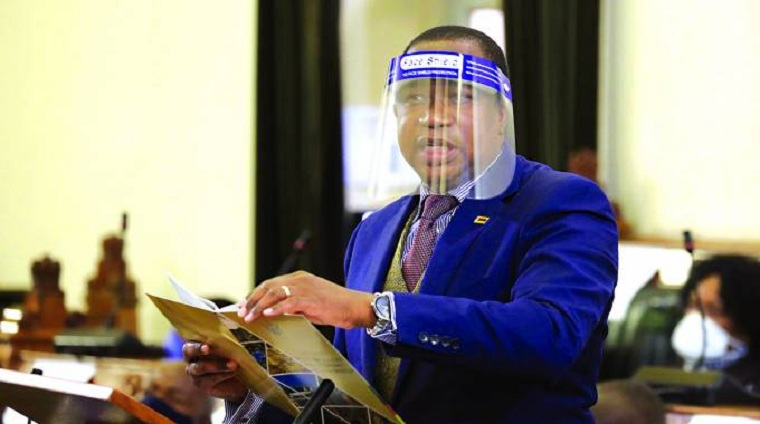 A big part of Finance Minister Mthuli Ncube’s 2021 budget is a range of new tax measures to fund his ambitious $421.6 billion budget.
A big part of Finance Minister Mthuli Ncube’s 2021 budget is a range of new tax measures to fund his ambitious $421.6 billion budget.
Treasury plans tough tax measures to squeeze more dollars from the economy. The highlight of this plan is how the taxman plans to go after the informal sector, which is the bulk of the economy but pays little tax.
From new and higher taxes to a new tax unit targeting SMEs, it is a budget that gives away very little, but takes a lot.
Here is how some of Mthuli Ncube’s measures will affect you.
If you are a low-income earner
There is not much tax relief for you. The tax-free threshold has only been raised slightly from $5 000 per month to $10 000 per month. Tax bands will begin at $10 001 and end at $250 000 per month. This does little for the poorest workers. For perspective; in October, a Zimbabwean family of five needed $18 750 just to stay above the poverty line.
If you earn more than $250 000, you pay the highest marginal tax rate of 40%.
If you are expecting a bonus, the bonus tax-free threshold has gone up from $5 000 to $25 000, with effect from 1 November 2020.
If you were tired of the 2% tax, sorry
The 2% tax on mobile money and other electronic transfers stays. The tax has been unpopular since it came in 2018, but Mthuli says it has “generated substantial resources that have enabled Government to support various infrastructure projects”, including the COVID-19 response.
So, the Minister isn’t giving much of this cash-cow away. You will no longer pay the 2% for transactions of up to $500, which is just a small increase from the current $300. For forex transactions, this tax will apply above US$5. The maximum of this tax that your business can pay has been raised from $25 000 to $800 000 on transactions with values exceeding $40 million, with effect from 1 January 2021.
Continued next page
(539 VIEWS)


